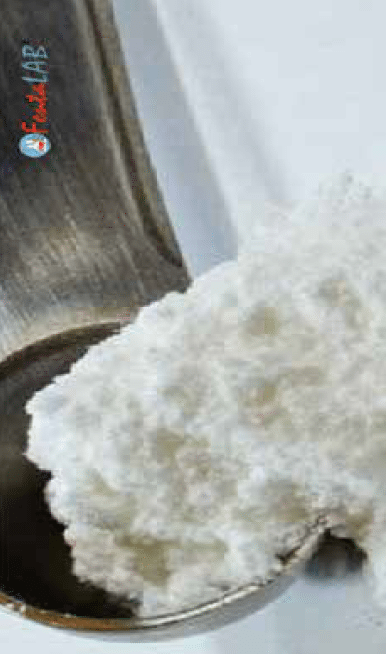As if fentanyl-laced heroin isn’t bad enough, the opioid crisis has been exacerbated by the introduction of fentanyl-laced cocaine.
It was recently reported that the Neighborhood Health Plan aims to reduce the number of opioid overdose deaths by increasing access to treatment. First, by offering financial incentives to encourage more providers to offer medication-assisted treatment involving Suboxone and other buprenorphine products designed to treat cravings and withdrawal systems associated with opioid dependency. Second, they are hiring recovery coaches, waiving co-pays for the overdose reversal drug naloxone (brand-name version Narcan) and also reminding pharmacists to notify NHP members that they are eligible for free Narcan supplies when they pick up a prescription for high-dose narcotic painkillers.
Now to the warning – According to a recent report by the Department of Public Health, the first three months of 2018 was the second quarter in a row that cocaine surpassed heroin in the toxicology for opioid-related deaths. Meanwhile, the rate of overdoses related to heroin has decreased from 2014 to 2018. But, there has been an alarming increase in the rate of overdoses that have tested positive for fentanyl, with a staggering 90 percent of all overdose deaths in 2018 through March testing positive for this drug. It presents as the changing nature of the narcotics epidemic.
A total of 1,977 people in 2017 and 2,155 people in 2016 died of suspected or confirmed opioid overdoses in Massachusetts, according to the most recent data from the Department of Public Health. Drug users have mixed heroin and cocaine purposefully in the past in what is known as a “speedball.” Dealers may also be purposefully mixing fentanyl with cocaine without the buyer’s knowledge, because it’s a cheap way to give a product more kick.
The Commonwealth re-issued a June clinical advisory to physicians, informing providers that those needing treatment for substance use disorder may have a problem with any number of drugs, and asked providers to educate clients and staff regarding the presence of fentanyl in cocaine.
According to the Center for Disease Control and Prevention, there was a sharp increase in the estimated number of overdose deaths involving cocaine nationally from 2016 to 2017, from approximately 10,000 deaths in 2016 to 14,556 in 2017 – an astounding 45% increase.
Beware. The war on drugs wages on. Families, schools, the medical community, the recovery community, the churches, the government are invested in ridding society of this insidious scourge in as dedicated an effort as those fighting cancer and other diseases. The differential is the mental health aspect of one’s decision to enter this black hole. Perhaps therein lies the awareness necessary to re-focus the attention of well-meaning advocates in the way we attack the root causes.










